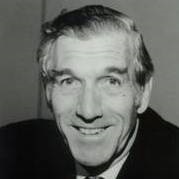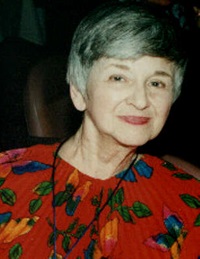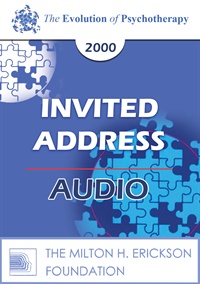EP00 Invited Address 11b - Therapy of "As If" - Paul Watzlawick, PhD
- Average Rating:
- Not yet rated
- Topic Areas:
- Invited Addresses | Psychotherapy | Systems Theory
- Categories:
- Evolution of Psychotherapy | Evolution of Psychotherapy 2000 | Pioneers in Couples and Family Therapy
- Faculty:
- Paul Watzlawick, PhD | Zerka Moreno
- Duration:
- 1 Hour 26 Minutes
- Format:
- Audio Only
- Original Program Date:
- May 29, 2000
- License:
- Never Expires.
Description
Description: Watzlawick explores the “therapy of as if,” showing how behaving as if change is possible can shift a client’s reality. Drawing from philosophy, hypnotherapy, and paradox, he illustrates how small interventions—like self-fulfilling prophecies or shared metaphors—can break unhelpful cycles. Zerka Moreno adds insights from action-based methods, including role reversal and sociodrama, to deepen perspective and foster movement.
Syllabus Description: Certain aspects of language can be especially useful for the purpose of bringing about behavioral changes. The nature of these changes is best known, but by no means limited to, its hypnotherapeutic application. They are, for instance, "corrective emotional experiences," as defined by Franz Alexander. Long before Alexander, the philosopher Hans Vaihinger, in his famous work, "The Philosophy of As If" (1911 ), had investigated in great detail the fact to behave "as if something were the case, could bring about almost immediate changes in given contexts.
Educational Objectives:
- To define the creation of an "as if" context.
- To describe four examples of this type of intervention.
*Sessions may be edited for content and to preserve confidentiality*
Credits
Handouts
| Timestamped Transcript (969.3 KB) | 23 Pages | Available after Purchase |
| Ericksonian Learning Snapshot (250 KB) | 2 Pages | Available after Purchase |
Faculty

Paul Watzlawick, PhD Related Seminars and Products
Paul Watzlawick, received his Ph.D. from the University of Venice in 1949. He has an Analyst's Diploma from the C.G. Jung Institute for Analytic Psychology in Zurich. Watzlawick has practiced psychotherapy for more than 30 years. He was research associate and principal investigator at the Mental Research Institute. He was Clinical Professor at the Department of Psychiatry and Behavioral Sciences, Stanford University Medical Center. Watzlawick is a noted family therapist; he is recipient of the Distinguished Achievement Award from the American Family Therapy Association. Also, he is author, co-author or editor of eight books on the topics of interactional psychotherapy, human communication and constructivist philosophy.
He formulated five axioms. They are:
- It is not possible to not communicate. Every behavior is some kind of non-verbal communication.
- Every communication has a content. In addition, there is 'metainformation', which says how the communicator wants to be understood.
- All partners involved in a communication process also interpret their own behaviour during communication.
- Human communication involves both verbal and non-verbal communication. In addition to the spoken words, there are is also a non-spoken part (gestures, behavior, intonation..) which is part of the communication.
- Communication between humans is either symmetric or complementary. This is based on whether the relationship of those communicating is based on differences or parity.

Zerka Moreno Related Seminars and Products
Zerka Moreno, TEP, along with her late husband, J.L. Moreno, developed the theory and practice of psychodrama. Zerka has taught psychodrama worldwide for more than 30 years since J.L. Moreno's death and is recognized as a leader in further realizing his vision. Zerka T. Moreno is honorary president of the American Society of Psychodrama and Group Psychotherapy; president of the Moreno Workshops; and honorary member of the Board of Directors of the International Association of Group Psychotherapy.
Zerka is the author and co-editor of many books and articles in the field of group psychotherapy and internationally known as a teacher, therapist and lecturer.


